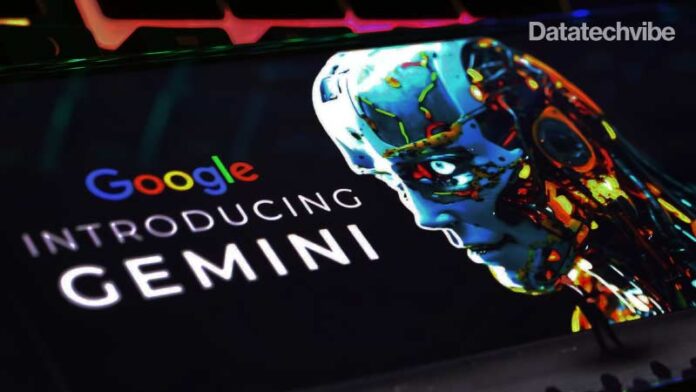Google brings the Gemini App to India, offering support in 9 languages.
Google has announced the release of the mobile app of its AI chatbot, Gemini, in India. Released four months ago in the US, the app will be available in nine Indian languages, including Hindi, Marathi, Malayalam, Telegu, Kannada, Gujarati, Tamil, Bengali and Urdu.
Sunder Pichai, Google CEO, shared the news on X: “Exciting news! Today, we’re launching the Gemini mobile app in India, available in English and 9 Indian languages. We’re also adding these local languages to Gemini Advanced, plus other new features, and launching Gemini in Google Messages in English.”
According to Google, this would enable people to type, talk or add images to the app in any of the supported languages in order to receive AI assistance. The company also stated that it was also adding these languages to the Assistant’s paid version, Gemini Advanced.
What’s the latest innovation?
Gemini Advanced, previously only accessible in English and now supporting Indian languages, provides features such as data analysis and the ability to process and understand large documents, according to Google.
Users utilising the premium version will be able to upload multiple large documents up to a total of 1,500 pages onto the assistant, which can then assist in providing quick summaries, personalised feedback, and actionable insights, as per the post.
The company also launched some features for Indian users, such as the integration of Gemini with Google Messages, which the company claims would enable users to collaborate with AI while drafting messages to send others. Notably, the messaging feature is currently available only in English, and on ‘select devices’.
Also Read: Google Releases AI Model Gemini 1.5 Pro
Other Instances of AI Tools Adopting Vernacular Languages
Previously, a few big tech companies have tried to adopt vernacular Indian languages into their business model.
For instance, Meta in 2023 signed an MoU with IndiaAI, India’s AI portal developed by the Ministry of Electronics and Information Technology (MeitY) in collaboration with other organisations. The MoU focused on using Meta’s AI research models, such as Llama and No Language Left Behind to create datasets in Indian languages for purposes like translation and the creation of Large Language Models (LLMs).
Indian startups have also tried to adopt regional languages, such as Ola, which launched Krutrim, a family of Large Language Models (LLMs) trained in Indian languages.









